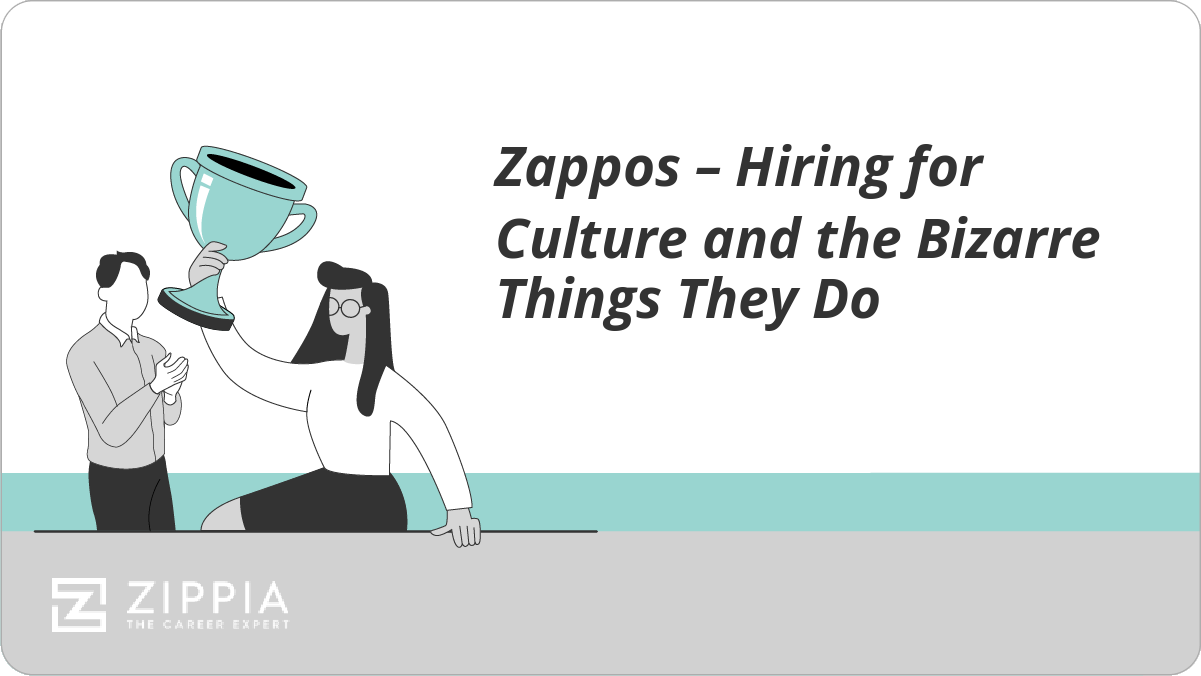Workplace investigation. Usually these two words make you cringe. Something has gone wrong. Someone may be hurt. Someone else may be to blame. Either way a rigorous process has to be followed to make sure that the situation is properly dealt with and resolved to the best of your ability.
Handled badly, a workplace investigation can further damage a team and workplace culture that is already under stress. However, an investigation conducted fairly and with respect can form the foundations upon which the rebuild can commence.
In this post we would like to share our top tips from our many years of experience to ensure you get your workplace investigation right from both the immediate procedural perspective as well as protecting the longer term cultural needs of your business.
1. Act promptly
Once you have been informed of a complaint don’t sit on it for weeks. It’s important to start to investigate as soon as possible while the facts are still reasonably clear in people’s memories and before gossiping and hearsay colour genuine memories of what occurred. This is also true for the complainant. If someone has waited 6 months to report an incident or make a complaint, you need to ask some probing questions as to the reason for the delay.
2. Act fairly
Appoint an unbiased and appropriately skilled person to conduct the investigation. This may be an internal manager or HR person as long as they don’t have a vested interest in the outcome. Consider briefing an external person to send a clear signal of impartiality. Both the complainant and the alleged perpetrator should be offered the opportunity to have a support person with them. The saying ‘innocent until proven guilty’ is absolutely the case.
3. Investigate or conciliate?
Once you have heard the details of the complaint, pause and consider whether the issues need a full-scale investigation to occur or is the matter a grievance that may be solved via mediation? Personality differences and conflicts are bound to arise in workplaces. If there has been no inappropriate behaviour it may be that an initial mediation could resolve the conflict without involving lots of other people in the situation.
4. Confidentiality is key
Confidentiality is paramount throughout the process. Only reveal information on a ‘need to know’ basis and ensure that everyone involved is expressly reminded of their individual obligation to keep all matters strictly confidential. Usually office gossip spreads quicker than butter on toast but this is one situation where gossip and speculation has to be expressly ruled out as inappropriate. Don’t forget to make sure you have tight protocols for (physical and electronic) protection of documentation to prevent access by other staff not involved in the investigation.
5. Stay on track
Often interviewees use the opportunity to tell you about all the many and varied things they think could be improved in the workplace. Clearly define the scope of issues being investigated and rule out any information that is irrelevant, otherwise the integrity of the findings may be compromised plus the process can get derailed for a lengthy period of time.
6. Support the team
Investigations can have a significant impact on the morale of the whole team and even workplace. Focus and productivity suffer and employee engagement starts to dip. Until the conclusion of the investigation and an outcome is determined, both parties should be given adequate support and you may want to offer access to an Employee Assistance Program (EAP) to the whole team depending on the seriousness of the issues. How people experience the investigation will correlate to how the team culture recovers and rebuilds afterwards.
7. Communicate consciously
Although confidentiality of the facts and issues is critical, a transparent process will ensure people feel they can trust the process to deliver a fair outcome. Whilst being careful not to divulge any specifics, keep the parties informed as to what stage of the process you are up to and expected timings.
8. Maintain your stance as a strong leader
Even though there’s not much information that can be shared during an investigation, leaders need to be ready to answer the tough questions as honestly as possible if needed. Be prepared to make it clear that as a business owners and/or leader your primary concern is to ensure that all employees work in a positive and safe environment and that all necessary steps will be taken to ensure that.
Workplace investigations may seem very difficult and stressful. But with some careful planning and execution you can focus your attention on the achievement of a fair resolution and somewhat reduce the anxiety.
Nick Hedges is the Director of Resolve HR. He has extensive experience in advising organisations of all sizes on complex workplace relations issues. Katriina Tahka is Co-CEO of A Human Agency. She specialises in helping organisations cultivate inclusive cultures for performance optimisation.





